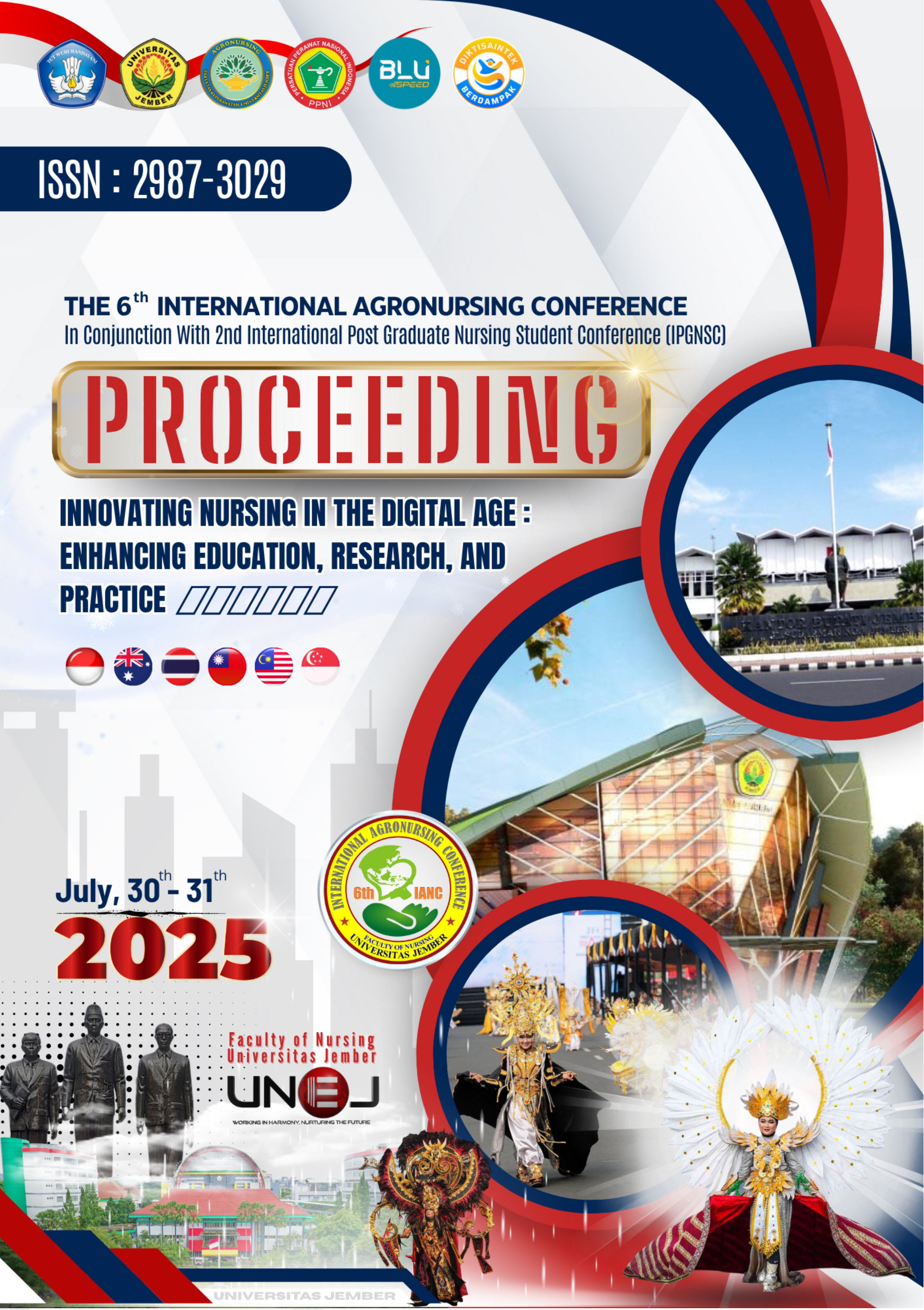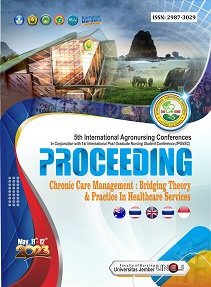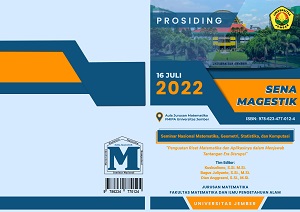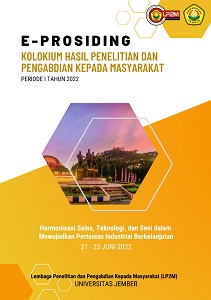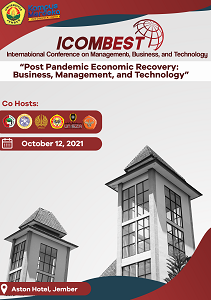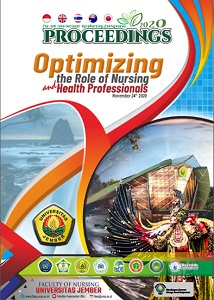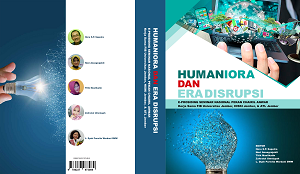NURSES' MOTIVATION IN ERM-BASED NURSING DOCUMENTATION: A SCOPING REVIEW
Abstract
Introduction: Nursing care documentation is a fundamental component of professional nursing practice. It ensures the continuity of care, enhances the quality of healthcare services, and upholds legal and ethical standards. With the rapid advancement of health information technology, the adoption of Electronic Records Management (ERM) systems has become a prevalent method for documenting nursing care. Nevertheless, the implementation of ERM systems presents significant challenges, particularly concerning nurses’ motivation to comply with documentation standards. Factors such as workload, individual competence, and organizational support are believed to play pivotal roles in influencing nurses’ motivation to utilize ERM systems effectively. This study aims to identify and critically analyze the determinants that affect nurses’ motivation in documenting nursing care within the framework of ERM. Methods: This research adopts a scoping review design, guided by the PRISMA-ScR (Preferred Reporting Items for Systematic Reviews and Meta-Analyses extension for Scoping Reviews) framework. A comprehensive literature search was conducted across multiple databases, including JSTOR, ProQuest, SAGE, and other relevant academic sources, targeting peer-reviewed articles published between January 2020 and December 2024. From a total of 910 articles initially identified, eight studies met the inclusion criteria after undergoing a rigorous selection process. The thematic analysis focused on exploring the influence of workload, technological competence, and organizational support on nurses’ motivation to engage in ERM-based documentation. Results: The review revealed that excessive workload has a detrimental effect on nurses’ motivation to maintain accurate and complete documentation within ERM systems. Conversely, nurses’ technological competence positively correlates with their willingness and ability to utilize ERM effectively. Furthermore, organizational support manifested through the provision of adequate infrastructure, institutional policies, and continuous professional development significantly enhances nurses’ motivation to comply with ERM documentation practices. Discussion: The findings indicate that strategic efforts to manage nursing workload, strengthen technological competence through targeted training, and promote supportive organizational environments are essential to improving motivation for ERM-based documentation. Future research is recommended to investigate innovative and context- specific strategies that facilitate the integration of ERM systems across diverse healthcare settings, thereby optimizing the quality, safety, and efficiency of nursing documentation.

